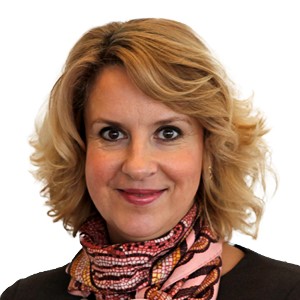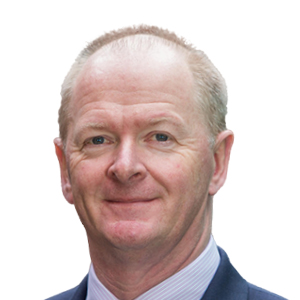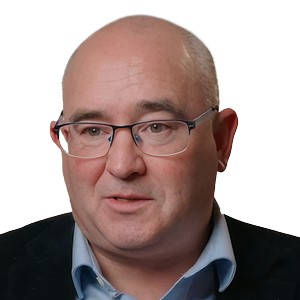The people agenda continues to be one of the most pressing issues for Boards. Perhaps more than ever before, independent directors need to engage in the debate around workforce capability and whether an organisation has the right culture and leadership to deliver on the business strategy.
At Criticaleye’s recent Chair & NED Retreat, which was held in partnership with
Accenture, attendees were asked to identify their biggest operational and strategic challenge – ‘talent’ came out as number one, followed by leadership capability, finance, and investor / shareholder unrest.
Neil Hayward, Chair of the Industry People Board at British Horseracing and former Chief Human Resources Officer at HS2, told the audience: “There’s no shortage of talent but there is a shortage of effective talent strategies. Companies that win in tighter labour markets do things differently to those that don’t – they look for talent in different places and are much more inclusive. They also make confident commitments, not empty promises, about what working for them is going to look and feel like to the people they are hiring.
“Talent is an integral part of their workforce strategies, and this is built into their thinking, not bolted on. And their approach is alive to the dynamic workforce market conditions going on around them too, which is why it's a matter of Board importance and attention.”
If Chairs and NEDs are to engage in a way that is meaningful, they need data points and metrics about the people agenda, such as around the skills mix across an organisation. It’s where the CHRO and HRD have a vital role to play, provided they are able to step up to the plate. Neil explained: “Too many HR functions run a tick-box exercise only. More focus and attention from the Board will sort out the good from the bad and great CPOs will welcome Board attention to something they really care about.”
Social Responsibility
The increasing importance of ESG is helping create a framework for Boards to get a better understanding of certain aspects of the people agenda, such as diversity and inclusion and upskilling strategies.
Francesca Ecsery, NED at Air France and a Board Mentor at Criticaleye, commented: “Regardless of the ‘Great Resignation’, you still need to make sure that you've got a talent pipeline, that the pipeline is diverse, and that you're setting up the business for a sustainable future.”
She also emphasised the need for strong data sets, such as through Employee Promoter Score and Gender Pay Gap Reporting, as well as linking targets to remuneration. “It's no longer only about financial performance," she said. "It's also about making sure the company is… sustainable and that is actually what investors demand.”
Every Board has a responsibility when it comes to culture and values.
Simon Eaves, CEO for UK & Ireland at Accenture, said that ‘compassionate wisdom’ is now something that organisations need to demonstrate. He explained: “There is no way you will keep the right talent without a different level of humanity and humility. You need to think about the culture of your organisation, how it is keeping its soul, the future of work, and the leadership model of how to retain and keep people going.”
A company will its lose competitive advantage if the Board fails to grasp why this matters. Simon added: “One in two millennials and Gen Z are going to look for a new job in the next year. That's everyone under 40 in your organisation. And the most determining factor of that is engagement.”
Matthew Blagg, CEO of Criticaleye, built on this point: “A good Board will be supportive of the CEO and CFO, but they’ll not shy away from asking difficult questions around skills, productivity and leadership capability.
“The issues around retention, mobility and pay do seem to be ongoing in many sectors, even if that feels slightly counter-intuitive given the economic landscape. Therefore, you do have to look at the strength and depth of talent within your organisation. That also means examining engagement and culture so that your values and purpose really are lined-up.”
It's clear that Boards must engage in the debate and push for the right information. Neil said: “At the end of the day, the highest performing people in the most critical roles and functions, who have demonstrated the most potential, and who are highly engaged, ought to be very well known inside a company because future success rests on them staying with you. How many Boards really feel close enough to those people, or show any real interest in them?"
The people agenda is a difficult area for Boards, as the debate can very easily veer over into what may be seen as ‘executive territory’. However, it became evident during the sessions at the Retreat that effective, high-performing Chairs and NEDs will ensure that these topics are discussed given their strategic importance.



